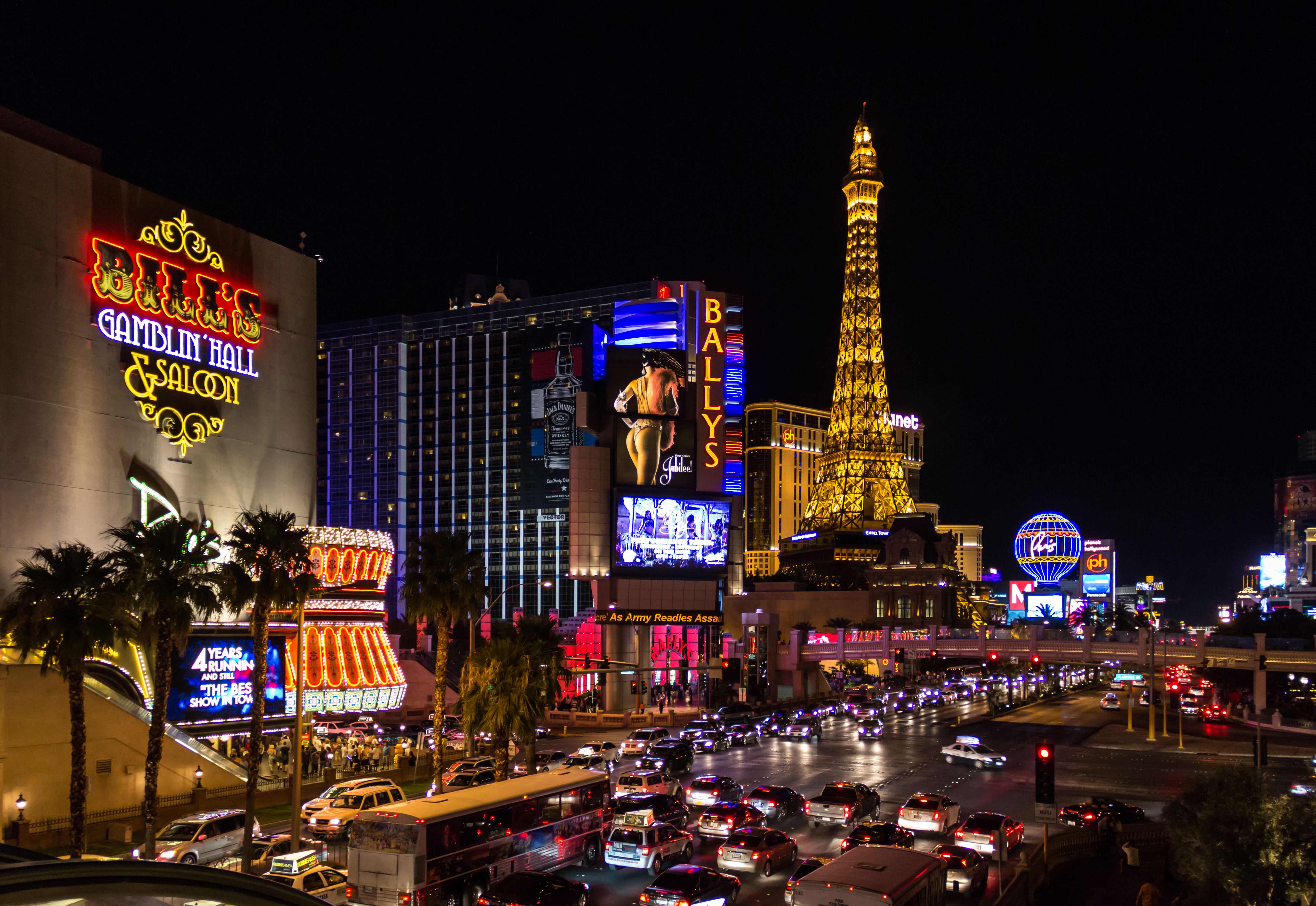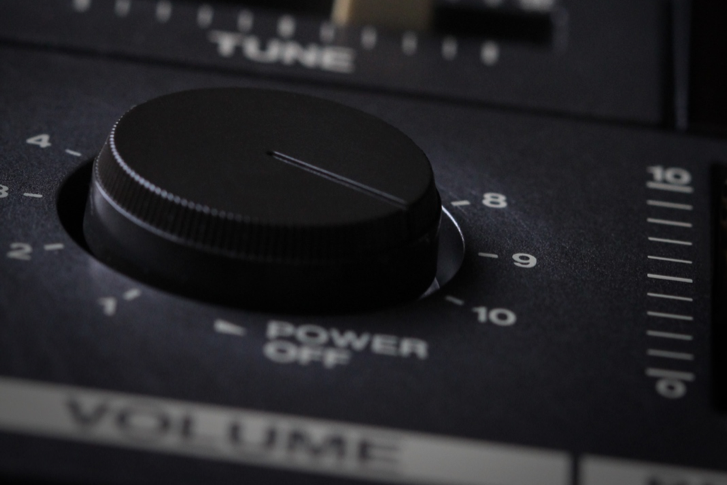Enjoying my vacation from San Diego, I stand on the deck of my sister’s apartment, which is tucked neatly up a road off the main interstate in the area’s affluent lake community. She lives in Eastern Washington, near the border of Idaho, on about 10 acres of prime real estate. Strategic clusters of evergreens allow for some privacy from the neighboring homes. Snow sparsely covers the hilltops, clinging to life on the north faces where it escapes the sun’s gaze. Though the temperature is in the mid-fifty degrees, summer is teasing its way in early; the afternoon sunshine warms me enough to break a sweat; I remove my shirt and toss it aside. The air smells fresh, with a scent of pine, and the breeze washes over my warm skin. The sky is clear, and I playfully command my shadow like a flawless marionette on the wild grass 20 feet below. My sister’s apartment is above the owner’s shop, and a few derelict tools litter the yard beneath. It’s a nice place, in spite of these. Given the somewhat rustic setting, I decide to turn off the speaker playing music and seize a rare opportunity for this transient urbanite to marvel at the symphony around me.
I hear tree branches rustling in the wind and birds singing all around—I pinpoint the treetops in which some are likely perched. Whoosh… A car gently interrupts the calm as it passes in the distance; it flashes through the trees, vaguely discernible. As this source of noise subsides, I turn my focus back to nature, but I realize a new noise is present that had previously been overpowered by the music. It’s faint, almost imperceptible, but there is a soft and distant ringing in my ears. A low-level noise on par with the decibel of delicate bird chirps, and it is competing for my attention. I’m frustrated by my inability to enjoy the subtleties of my surroundings, but in a moment, I will forget about this ringing as it slips below my awareness. A final thought enters my mind like a doctor prescribing a pill to treat the symptom, but not the cause, and that will likely elicit counterproductive side-effects: “Just switch on the music, and drown out the ringing.”
We live in a world of unabating noise that continually saturates our senses (sometimes to the point of permanent damage, as was possibly the source of my fleeting tinnitus). It is actually somewhat incredible the average person manages to cope with the constant stream of sensory input they receive. If you were to go back to the turn of the 20th century, pluck a person out of an average American town, and drop them into a modern-day metropolis, such as New York city, they would surely go insane. Where before buildings sat comfortably from each other and flora still grew in untouched areas of town, they would now see buildings that scrape the sky press in from all sides, squeezing the traveling masses between sterile concrete and metal until the flow coagulates into a claustrophobic clot. It once was that the bustling day would end, and the restful night would begin. Now, sounds of incessant machines fill the air in an unrelenting cacophony, and daylight is replaced by bright led billboards that yield no rest to weary eyes. On top of these, give this time traveler a smart phone to consume his every waking moment and he will break under the sensory assault.




And yet, we 21st century beings chronically endure this world bristling with stimuli. We have been eased into this lifestyle methodically to deaden our senses; we are conditioned to not only resist recoiling from the ever-increasing magnitude of stimuli, but to actually crave it. When you are going deaf, you welcome an increase in volume. Those who are going blind need magnification. As much can be seen from the inverse: too many salty fast foods make a home-cooked meal taste bland, and the rat-race of the city makes country life feel stagnant. If you have grown accustomed to a noisy environment or experience, appreciating a finer one is near impossible.
In electronics, there is a name for this: the noise floor. This is the level above which a signal is detectable. Should the signal fall below the noise floor (i.e. the magnitude of the baseline noise in the surrounding environment), then the sensor will fail to register it. For this reason, sensors must be calibrated and maintained to sense quiet signals.
My afternoon experience served as a poignant reminder of the need to recalibrate my perception of life’s subtleties. We experience many different noises in life, from the more physical noises that our time traveler and I experienced in contrasting rural and urban environments, to more insidious noises that desensitize us to life’s most worthwhile and meaningful experiences. Consider things in your life that have become so loud, or so common, that you are now numb to them. Does the nature around you fill you with wonder, or has it disappeared below the noise floor? Does a loved one perform so many little acts of kindness daily, that you now require grand gestures for their efforts to even register? What’s more, we now require the noise we have grown so accustomed to. This noise of life is everything that overpowers and drowns out our most cherished experiences, and it curses us.
We can scarcely stand still without reaching for our phone to receive that sensory dopamine hit necessary to augment the present moment. How much we crave the next material possession, the stronger drug, the more decadent sin. In the absence of noise, the silence truly does become deafening. Typically, rather than become comfortable with such moments, we introduce something to fill the void. For any material experience or possession, that “something” requires consistently greater input to derive the same satisfaction. The new car you crave will only satiate you momentarily before you lust after next year’s model. This is a form of spiritual noise and is what it means to chase happiness—a treacherous feeling that requires more sustenance the more you experience it—as opposed to allowing happiness to emanate from a lifestyle that glorifies God.

To avert the same fate as our time traveler and retain our sanity, we must limit the noise in our life. Though it can be paralyzing to know where to start when removing the myriad of noise sources from our life, as we grow closer to God we begin to see the blueprint for a peaceful life that He has laid out for us. We need only to follow His instructions and recognize that He has already given us a gift to combat the noise.
The Sabbath is the day God Himself rested at the end of six days of creation. Certainly, God is tireless and needs no rest, but He is a father setting an example for His children to emulate. One day a week, we step away from the popular culture and modern society that distract us from God, and we recover from the physical and spiritual toll these inflict. The Sabbath is a day for us to worship, study, and grow closer with God. In addition to the personal time we devote to God, spending time with family and experiencing nature are excellent ways to enjoy the Sabbath. If we live by God’s commandments, and remember the Sabbath He gave us, we can exist in this world without being overwhelmed by the din.

It is an unfortunate reality that noise is inescapable, but we can strive to minimize its effects. Some immediate actions we can take to address the external sources of noise could include eliminating streaming subscriptions, reducing screen time in general, and exploring nature more often. Ultimately, we should aspire to purchase a home that is outside the city, but commutable for work. We can also shift our mindset from one of entitlement and worldly desire, to one of gratitude for all the blessings God showers us with and the people we hold dear in our lives. Organizing our life around God and implementing behaviors that limit the noise in our lives will lead to a more stress free, enjoyable, and peaceful existence. Let us hope we grow into individuals who welcome the silence.
If you liked this article and want to keep up to date with future posts, you can sign up for my newsletter below. I promise I won’t blow up your inbox.

Loved this one!
Thanks Josie!